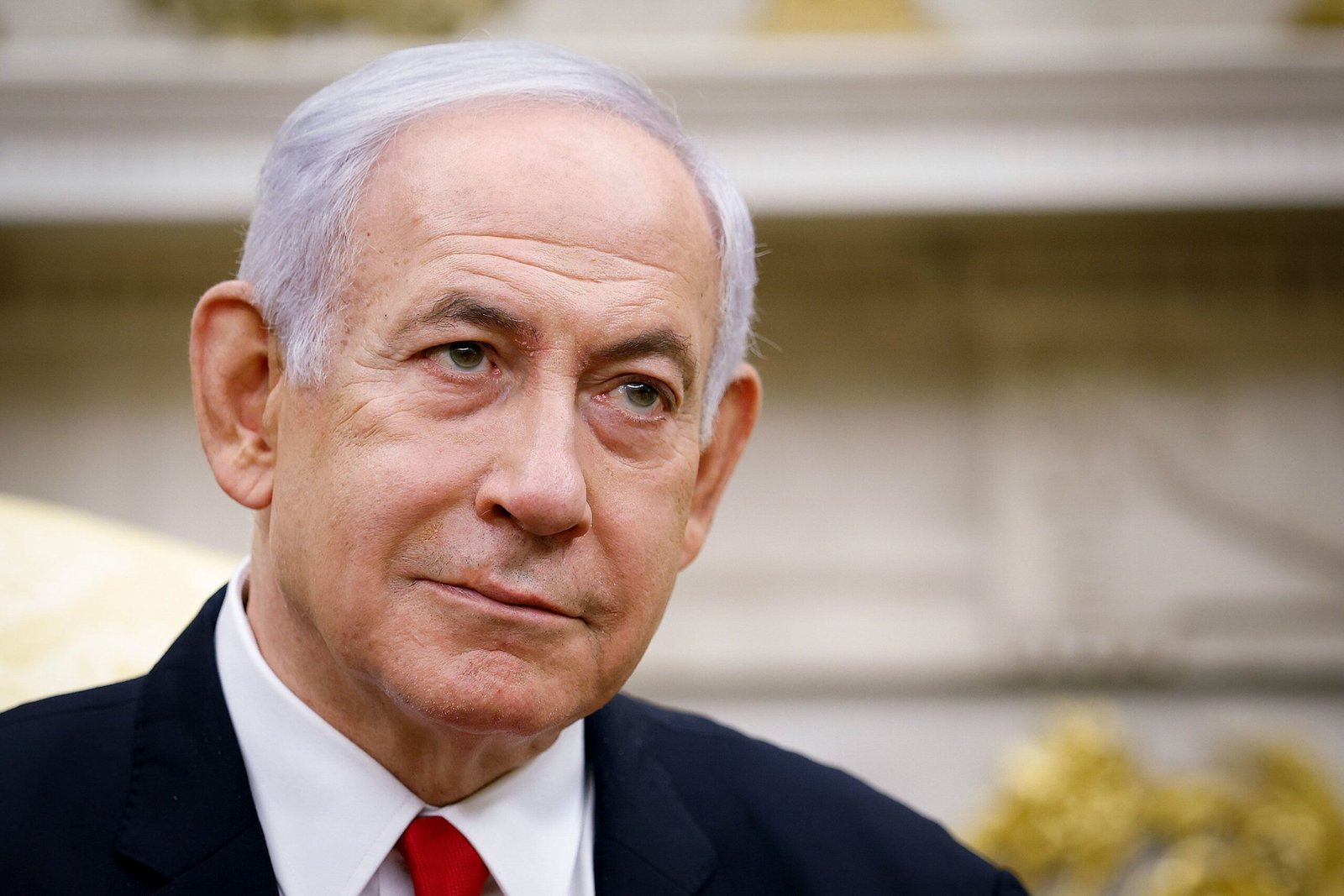Israeli Prime Minister Benjamin Netanyahu has said that the recent 12-day conflict between Israel and Iran has led to a “significant victory,” one he believes has paved the way for renewed efforts to secure the release of hostages held in the Gaza Strip.
Netanyahu made the remarks Sunday night following a special session of Israel’s Security Cabinet at military headquarters in Tel Aviv, where officials reviewed the aftermath of the recent fighting and discussed the next steps in negotiations. Central to the discussions was the fate of Israeli captives believed to be held by Hamas, the Islamist group that governs Gaza and has been locked in repeated armed confrontations with Israel.
“The war has shifted the balance,” Netanyahu told reporters. “This is a window of opportunity not only for security, but for diplomacy and for the return of our people.”
His comments follow a statement from former U.S. President Donald Trump, who voiced optimism that a ceasefire agreement between Israel and Hamas could be reached “within days.” Trump remains active in international diplomacy, particularly in the Middle East, where his earlier term saw several key accords, including the Abraham Accords.
Netanyahu’s optimism centers around new efforts to negotiate a possible prisoner swap, exchanging Israeli hostages for Palestinians currently held in Israeli prisons. Similar arrangements in the past, such as the Gilad Shalit exchange, have played a pivotal role in easing tensions.
The latest conflict erupted after Israel launched targeted airstrikes against suspected Iranian military infrastructure in Syria and Lebanon. In retaliation, Iranian-aligned militias launched ballistic missiles toward Israeli cities, triggering fears of a broader regional war. The fighting resulted in casualties on both sides and widespread destruction in areas already plagued by years of instability.
Also Read; British, Singapore Airlines Cancel Dubai Flights After Strikes
Behind the scenes, diplomatic efforts have been intensifying. Talks are currently underway in Doha, Qatar, as well as in Washington, D.C., involving representatives from the United Nations, Egypt, and other regional actors. Observers say momentum is growing for a renewed ceasefire, possibly including humanitarian corridors and a roadmap toward long-term de-escalation.
According to sources within Israel’s defense establishment, the military believes Hamas may be willing to negotiate after sustaining what they described as “strategic losses” during the most recent Israeli air campaign. However, no official confirmation has been given from the group’s leadership in Gaza.
The hostages’ families, many of whom have lived in fear and uncertainty for months, say Netanyahu’s statement gave them a glimmer of hope. Still, some remain skeptical, citing repeated breakdowns in talks and the deep mistrust between both sides.
Meanwhile, humanitarian organizations have renewed calls for all parties to respect international humanitarian law and to prioritize the safety and dignity of civilians. The United Nations Office for the Coordination of Humanitarian Affairs (UNOCHA) estimates that thousands of people have been displaced by the recent escalation.
With regional tensions still high, the coming days may prove critical. For now, all eyes remain on the negotiation tables in Doha and Washington—and on whether this fragile window of opportunity will lead to lasting peace or fade into another cycle of violence.



